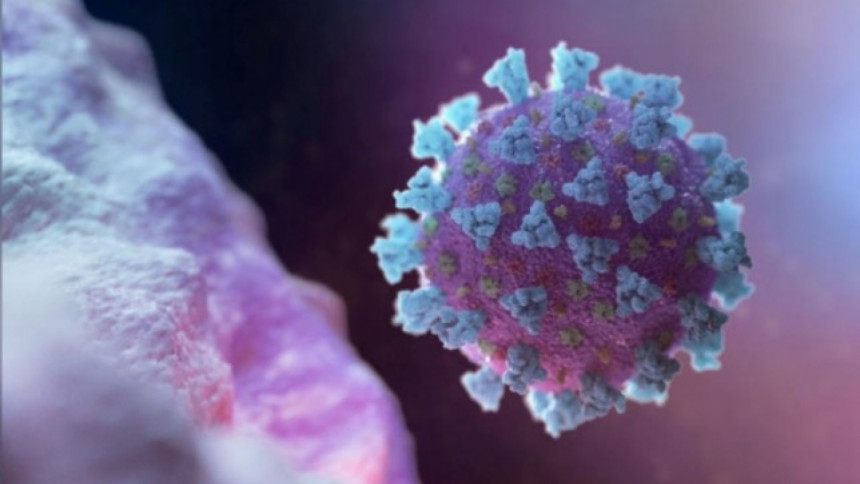Outbreak may be approaching peak


As the country continues to grapple with coronavirus crisis amid a surge in deaths and infections, experts hint that the outbreak is gradually approaching its peak.
The authorities yesterday said nine more people died and 434 new cases of infection were detected in 24 hours till 2:30pm. With this, the death toll hit 110 and the total number of cases jumped to 3,382, according data from the Directorate General of Health Services (DGHS).
A total of 2,974 samples were tested in those 24 hours. The number is seven percent higher than that of the previous day, shows the data.
Speaking on the rising trend, experts warned that the coronavirus situation was likely to worsen further. They, however, suggested increasing the number of Covid-19 tests, ramping up contact tracing and enforcing lockdown more strictly to get "good results".
"We need more rigorous programmes -- rigorous testing, rigorous contract tracing and isolation efforts. These should end within two weeks. None should be allowed to move anywhere during this period. Only then, we will get good results," said Prof Ridwanur Rahman, a renowned medicine and infectious disease specialist.
Things will take a turn for the worse if these measures are not ensured strictly, he told The Daily Star yesterday.
"Every [Covid-19] patient represents a cluster of around 20 people. Have we traced all the contacts for each patient?" he asked.
Prof Ridwanur said the outbreak was gaining pace. Replying to a query, he said, "Under the current situation, it's difficult to say when the outbreak will hit the peak. But we are heading towards herd immunity which means the transmission would continue until 60 to 70 percent of the population are infected."
He said the transmission was going on but it slowed because of the lockdown. Still, a good number of those already infected, especially those from the underprivileged group, remain out of the radar due to inadequate testing facilities.
"The number of patients we are getting every day does not represent the reality because people from all regions don't have access to the testing facilities. So, a large number of cases remain undetected," he said.
While giving the daily coronavirus updates through videoconferencing, Prof Nasima Sultana, additional director general (administration) of the DGHS, said of the nine deceased, five were males and four females.
Age-wise, three of the dead were above 60 years, three between 51 and 60 years and three between 40 and 50 years, she said.
Meanwhile, two more patients recovered in 24 hours till 2:30pm yesterday, taking the total number of recovery cases to 87.
Besides, 89 people were put under isolation in those 24 hours across the country, she said.
Prof Nasima said the number of people in quarantine now stands at 83,802, including 77,931 in home quarantine and 5,874 in institutional quarantine.
Dhaka district remains to be the worst affected region. As many as 1,174 of the total coronavirus cases until Monday were reported in the capital alone.
Speaking on the situation in Dhaka, Prof Nazrul Islam, a virologist and former vice chancellor at Bangabandhu Sheikh Mujib Medical University (BSMMU), said the authorities on Monday reported the highest number of new cases for a single day: 492.
Of them, Dhaka city alone saw 200 cases while Dhaka division reported 211.
He said analysing the data it could be said that the transmission of coronavirus has not slowed down in Dhaka city expectedly. "It appears that the outbreak in the city is heading towards its peak."
About the low number of new cases detected outside Dhaka, Prof Nazrul, also a member of the government's newly formed national technical advisory committee on the Covid-19 control programme, said, "Sample collection is still low."
He suggested fixing a strategy on testing and contract tracing of all new cases to contain the spread of Covid-19.



 For all latest news, follow The Daily Star's Google News channel.
For all latest news, follow The Daily Star's Google News channel. 



Comments